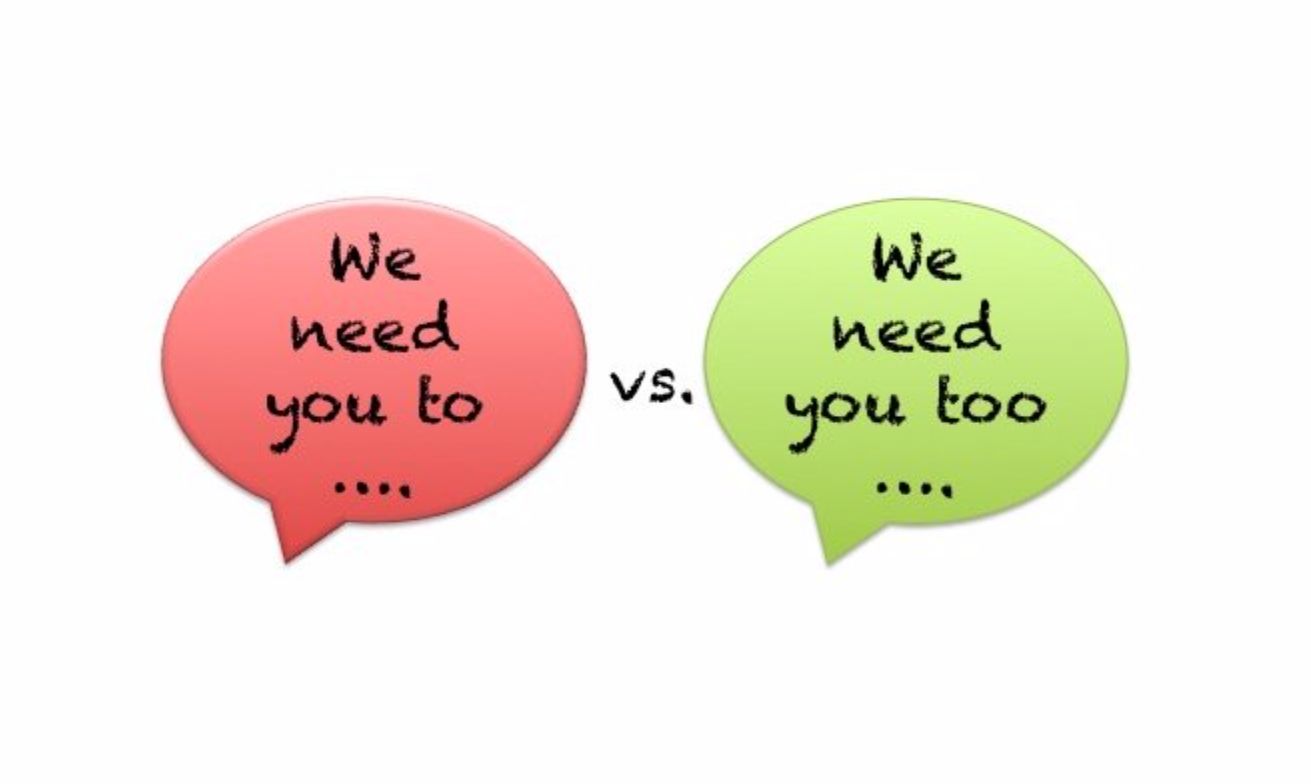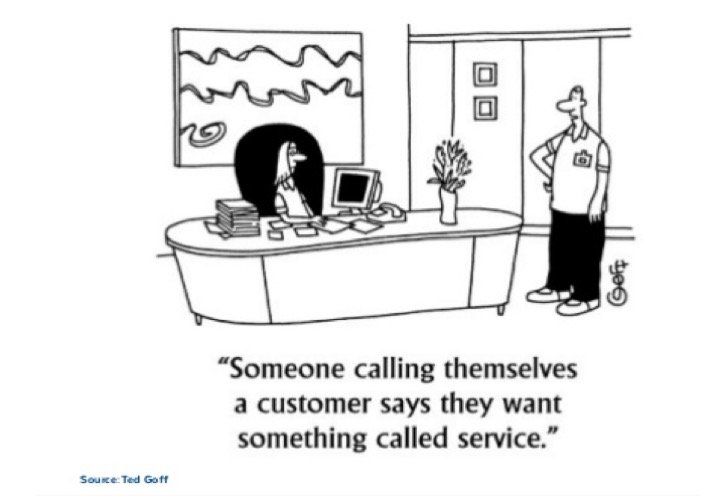A Participative Approach – Ask Yourself Why?
- by Paul Kelly
- •
- 06 Dec, 2018

A Participative Approach – Ask Yourself Why?
A participative approach to change management is often necessary and desirable. But, is your approach one of participative marketing or creation? Reflecting on your approach to involving stakeholders may reveal hidden opportunities.
The desire to involve everyone in a change programme appears to be the new norm. But what does a participative approach really mean and why are you doing it?
A participative approach seems like the right way to manage change in societies and cultures that are more open, more immediate and where customers and employees have, and exploit greater choice. In many countries, the principle of “consultation” is enshrined in law.
To adopt an approach which is deliberately non-participative, would seem to be odd at best, at worst, open to suspicion. Do those trying to make the change have motives that are malevolent? Are they trying to ‘get one over’ another group or individual? Where this supposed adversary is an organisation’s competition then it is seen as acceptable, but where it is any other stakeholder, then such an approach would, today, seem to be archaic, unprofessional and ineffective.
But why do we seemingly embrace a participative approach and what does it actually mean?
Change Marketing or Change Creation?
It is here that we start to see two quite different interpretations and motivations.
On the one hand, we see those who are driving change talking about the need to overcome resistance, to allow people time to explore, to understand the rational or benefits and to be ‘consulted’. The word consulted is used frequently in this worldview and typically means the process of telling and listening but not necessarily changing course! In other words, participation of this type is really a form of selling! I refer to this as Participative Marketing.
An alternate interpretation of participation is also possible. This involves recognising that the diversity of thought and the increased knowledge of engaging a wider group of stakeholders can be a better way to diagnose issues, identify opportunities and design solutions. Put simply, involving and empowering from the start can result in outcomes that are just better! I refer to this approach as Participative Creation.
But here’s the challenge – this kind of participative approach is more difficult to adopt in three important ways:
1. More effort is required to include more people and foster collaboration
2. More thought is required into thinking about the decision-making process
3. A different mindset is required in relation to control from those at the top of the organisation.
Participative Marketing and Creation are of course both valid. Whether it is your organisation’s culture, the type of change, or some other factor that influences your approach, both can be effective ways of involving others in a change process. It is also the case that the two approaches can be considered more as a continuum rather than polar opposites. What is important, however, is that you understand the differences and reflect that in your approach to communication, stakeholder management and team dynamics. Actively thinking about where you are on this continuum may also result in new insights and opportunities to engage others in different ways.






